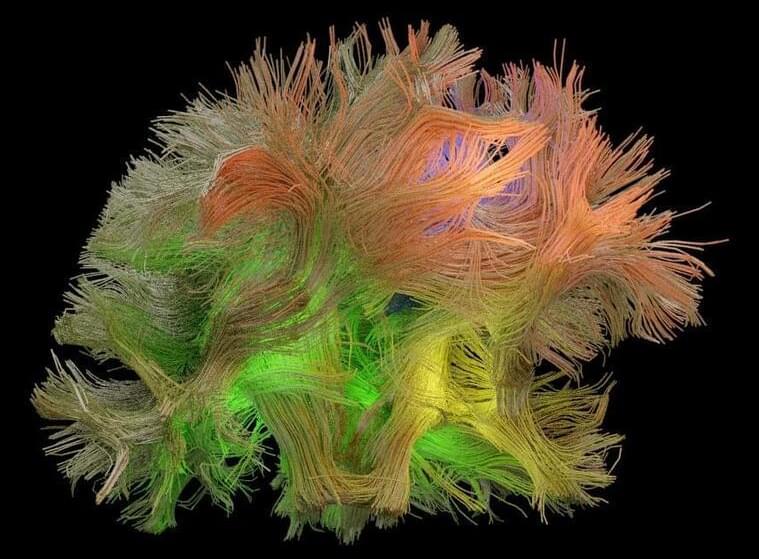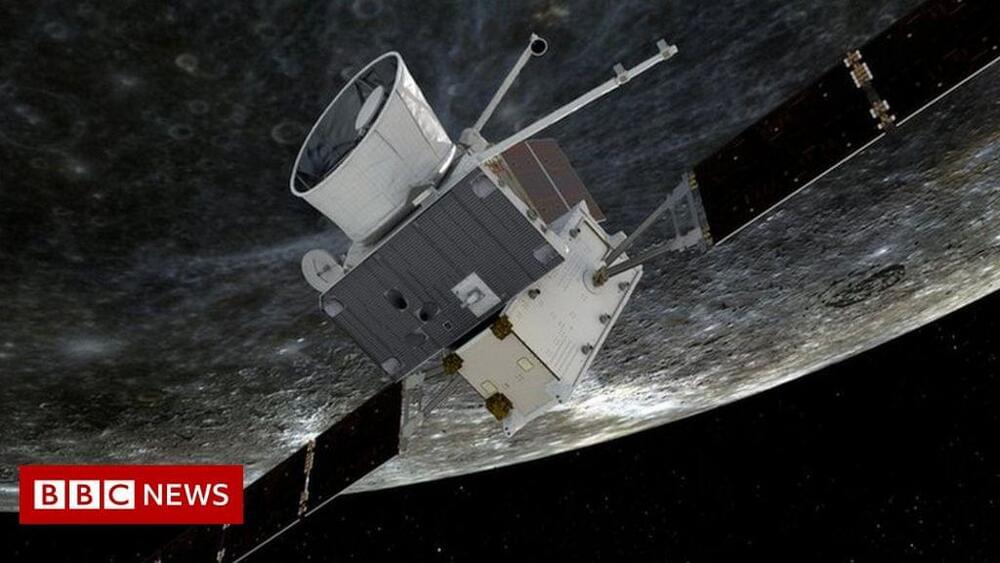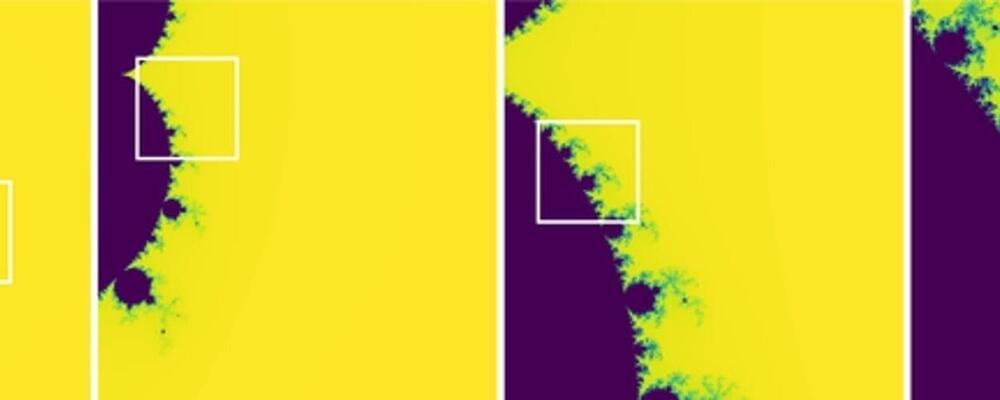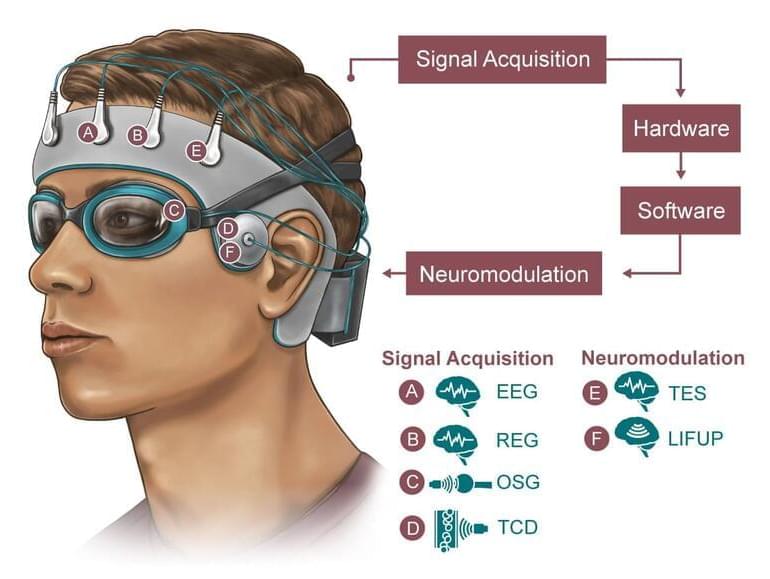November 12 2020
RESEARCH TRIANGLE PARK, N.C. — A new machine learning algorithm, developed with Army funding, can isolate patterns in brain signals that relate to a specific behavior and then decode it, potentially providing Soldiers with behavioral-based feedback.
“The impact of this work is of great importance to Army and DOD in general, as it pursues a framework for decoding behaviors from brain signals that generate them,” said Dr. Hamid Krim, program manager, Army Research Office, an element of the U.S. Army Combat Capabilities Develop Command, now known as DEVCOM, Army Research Laboratory. “As an example future application, the algorithms could provide Soldiers with needed feedback to take corrective action as a result of fatigue or stress.”
Brain signals contain dynamic neural patterns that reflect a combination of activities simultaneously. For example, the brain can type a message on a keyboard and acknowledge if a person is thirsty at that same time. A standing challenge has been isolating those patterns in brain signals that relate to a specific behavior, such as finger movements.








